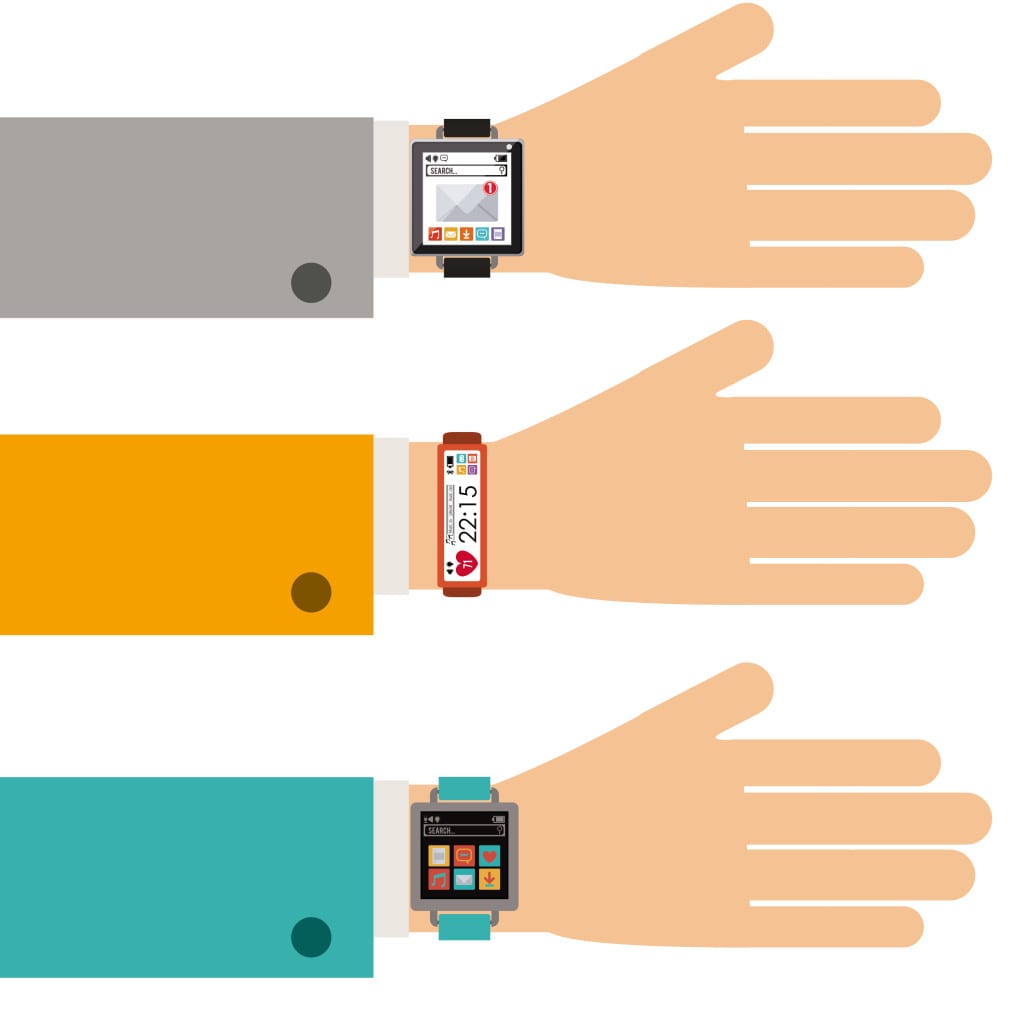
According to new data from the International Data Corporation (IDC), the shipment of wearable devices worldwide rose in the third quarter of 2019 to 84.5 million units, an increase of 94.6% from Q3 in 2018.
Most of the growth in the market was driven by the increased demand for new hearables products, which accounted for almost half of all wearable sales, outpacing both wristbands and smartwatches.
“Hearables have become the new go-to product for the wearables market,” pointed out Ramon T. Llamas, research director for IDC’s Wearables Team.
Llamas noted that with more smartphone manufacturers choosing to remove the headphone jack from their phones, the demand for wireless headphones has been driven upward. This has led to a significant reduction in price for some headphones, which in turn has spurred sales in that sector even higher.
Jitesh Ubrani, a research manager for IDC Mobile Device Trackers, points to the increase in integration between headphones and smart assistants as another reason for the dramatic growth of hearables, and has helped shift them from a niche product into the mainstream.
“The rise of smart assistants in the home and on the phone has led to an increased demand for wearables that have the ability to connect with these assistants,” said Ubrani. “With multiple form factors and the inclusion of smart assistants, the wearables market is well on its way to becoming a mass market device category rather than one that primarily caters to health and fitness.”
Apple led the way in sales of wearables, with 29.5 million shipments of its Apple Watch, AirPods and Beats headphones in Q3 of 2019, compared to 10 million in the same quarter the previous year, giving it a year-over-year growth rate of 195.5%.
Xiaomi (12.4 million shipments) and Samsung (8.3 million shipments) rounded out the top three, though Huawei (7.1 million shipments) showed the largest year-over-year growth rate of 202.6%. This comes despite political challenges the Chinese tech giant has been facing, though the vast majority of its shipments (80%) were domestic.
FitBit (3.5 million shipments) rounded out the top five, though it struggled to increase its market share, and its recent sale to Google has cast further doubt on the future of the company.

Follow Us